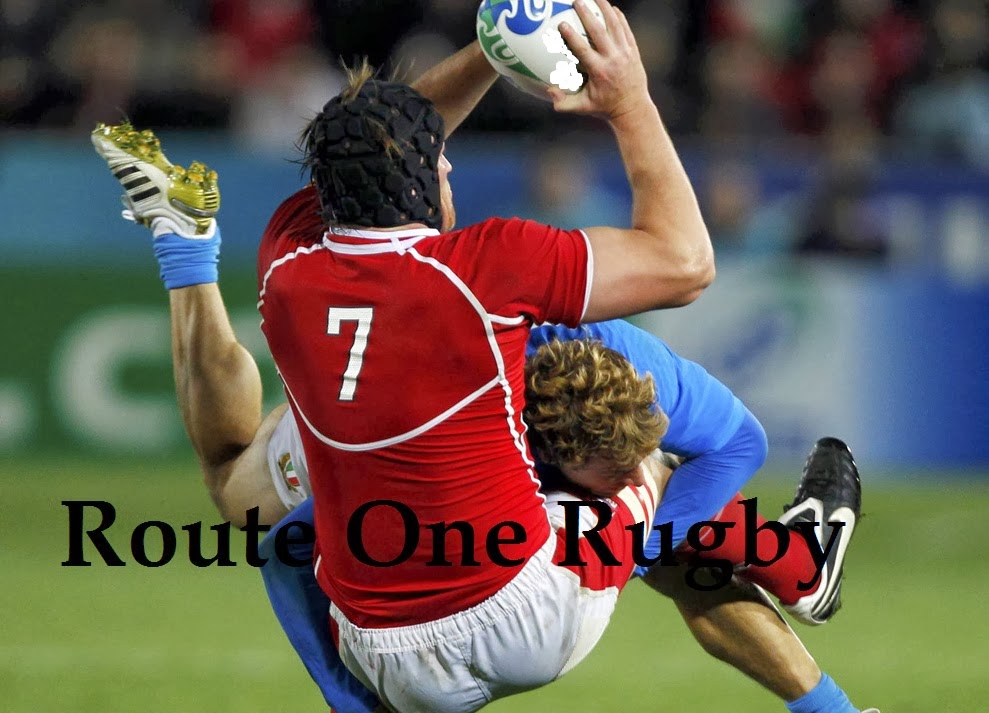 |
| Joe Marler (centre) and Nicolas Mas battle on the pitch (c) PA Photos |
I thought it would be interesting to look at the scrum battles during le Crunch to see how they told the story of the game and the ultimate French victory. This was a battle not just of great front rows but of great packs that are among the best in the game. The game itself was a great spectacle, provided you are a French fan or at least anti-England, and worthy of a repeat view (especially now that you will be more informed from reading the post).
Watching the game a second time, even with a focus on the scrums I still found it hard to see all that was going on during the first (well, technically second) look. I will say that a second or third look was needed to capture the infractions and it was impressive that Nigel Owens and his officials caught the more glaring issues and penalized the players accordingly. In almost every scrum there are probably 2 or 3 things that could be called (mostly flankers unbinding early) but it is usually the action in the front row that incurs the ire of officials, so this post will really be focusing on those engagements and trying to look at some of the technical aspects that resulted in penalties. Well, my interpretation of the engagements and penalties. Even if you don't like scrums this should be interesting.
*I have a bunch of screen shots but I only looked at the BBC feed, so if the Canal+ (?) footage provided different angles, well, guess you're shit out of luck.










